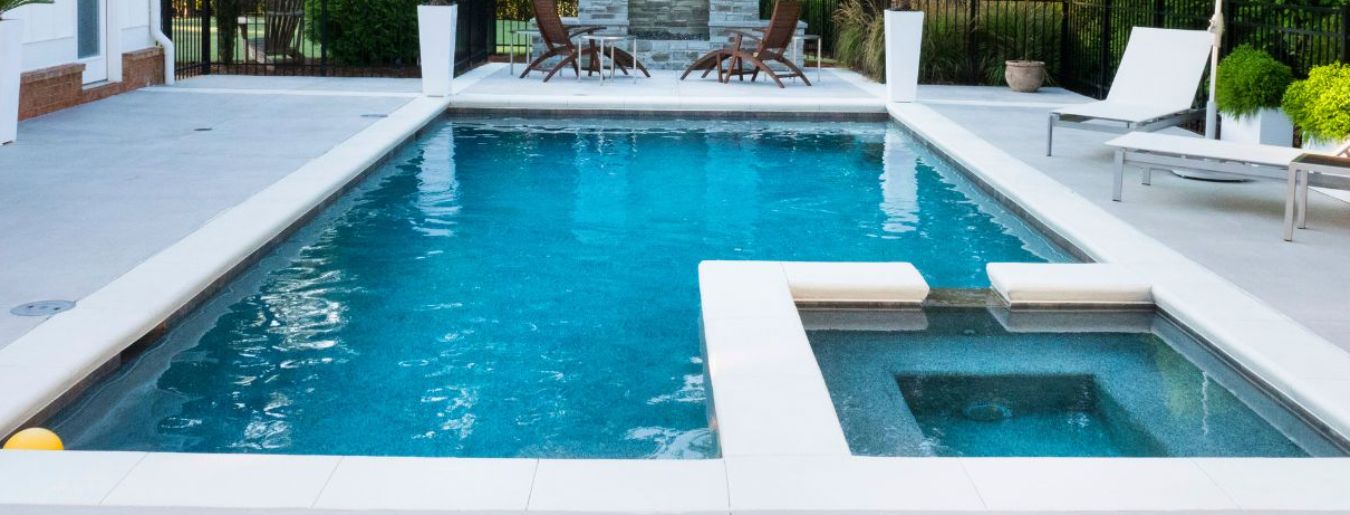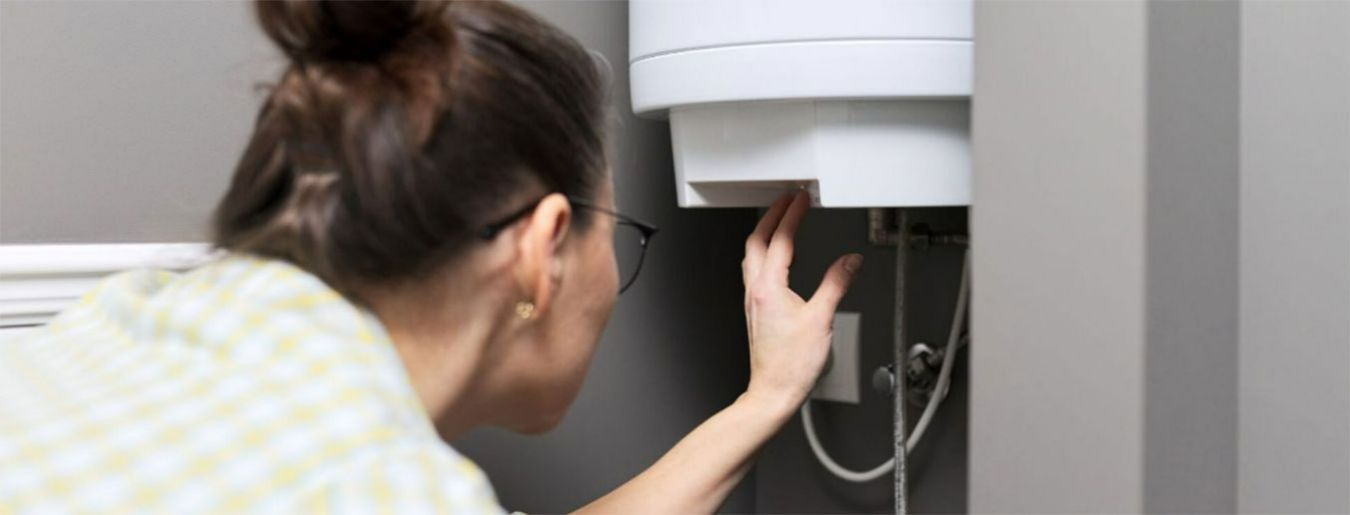Swimming pools are the epitome of relaxation and recreation during the hot summer months. The crystal-clear water beckons, offering a refreshing escape from the scorching sun. Many pool owners, however, find themselves grappling with the decision to convert their traditional chlorine-treated pools to saltwater systems. The allure of silky-smooth water and reduced chemical usage is hard to resist, but what exactly does this conversion entail, and how much does it cost?
In this comprehensive guide, we will delve into the various factors that influence the cost of converting a swimming pool to a saltwater system. From the initial investment to long-term savings, we'll explore the financial implications, environmental considerations, maintenance requirements, and more. By the end, you'll clearly understand the cost of converting your pool to saltwater and whether it's the right choice for you.
The Basics of Saltwater Pools
Before we dive into the costs, let's start with the basics. A saltwater pool, contrary to popular belief, isn't completely chlorine-free. Instead, it uses a saltwater chlorine generator, also known as a salt cell, to produce chlorine from the salt in the water. This system eliminates the need for traditional chlorination methods, which involve adding chlorine tablets or liquid to the pool.

Get Home Warranty Quotes
from Top Rated Authorized
Partners
Get a Quote
The Advantages of Saltwater Pools
Converting to a saltwater pool offers several advantages that might make the initial investment worthwhile:
Health and Comfort
The reduced chlorine levels in saltwater pools result in a more comfortable swimming experience. Swimmers often report fewer instances of skin irritation, red eyes, and the distinct chlorine odor that's commonly associated with traditional pools.
Lower Chlorine Exposure
While chlorine is necessary to keep pool water sanitary, saltwater pools have a natural way of producing chlorine, reducing exposure to harsh chemical compounds.
Saltwater chlorine generators maintain more consistent chlorine levels than manual addition, reducing the likelihood of chlorine spikes or drops
Easier Maintenance
Saltwater systems often require less day-to-day maintenance than traditional pools. Saltwater systems offer automated chlorine production, leading to more stable water chemistry and reduced maintenance requirements compared to frequent chlorine dosing.
Long-Term Savings
Although the initial conversion costs can be significant, the long-term savings can be substantial. Reduced chemical usage, minimizing wear and tear on pool equipment, and extended lifespan of pool finishes all contribute to potential savings over the years.
Property Value
A saltwater pool can enhance your property's value and appeal, making it an enticing feature for potential buyers if you decide to sell your home in the future.
The Conversion Process: What's Involved
Converting a chlorine-treated pool to a saltwater system involves several key steps:
-
Installation of a Salt Chlorine Generator: This is the heart of the saltwater system. The generator uses electrolysis to break down the salt (sodium chloride) into chlorine and sodium, which sanitizes the water.
-
Plumbing Modifications: Depending on your pool's plumbing system, you may need to make some adjustments to accommodate the saltwater system. This can include adding a bypass loop to divert water through the generator or modifying the return lines.
-
Electrical Work: The salt chlorine generator requires electricity to function. This may involve hiring an electrician to install the necessary wiring and connect the generator to a power source.
Estimating the Cost: Breakdown of Expenses
The cost of converting your pool to saltwater can vary based on factors such as the size of your pool, existing infrastructure, local labor costs, and the quality of the equipment you choose. Let's break down the key expenses:
Saltwater Chlorine Generator
The cost of the generator itself is a significant portion of the total expense. High-quality generators can range from $800 to $2,500 or more, depending on the brand and features. It's essential to choose a reputable brand with good reviews to ensure reliability and longevity.
Plumbing Modifications
The extent of plumbing modifications required can impact the cost. If your pool's plumbing is relatively simple, the cost may be lower. However, if significant changes are needed, such as installing a bypass loop or rerouting pipes, the cost could be higher. On average, plumbing modifications can range from $200 to $800.
Electrical Work
Hiring an electrician to install the necessary wiring and connect the salt chlorine generator can cost anywhere from $200 to $500, depending on the complexity of the electrical work.
Salt and Maintenance Costs
While the ongoing cost of salt is relatively low, it's still worth considering. You'll need to periodically add salt to maintain the proper concentration in the water. Additionally, there will be some maintenance costs, although they are generally lower compared to traditional chlorine pools.
Long-Term Savings and Return on Investment
While the upfront cost of converting to a saltwater system may seem daunting, it's essential to consider the long-term savings. Here are some factors to keep in mind:
-
Reduced Chemical Costs: Over time, the cost of chlorine tablets or liquid can add up, especially during peak swimming season. With a saltwater pool, you'll save on these ongoing chemical expenses.
-
Lower Maintenance Costs: Saltwater pools often require less maintenance than traditional pools. You'll spend less time and money on balancing chemicals and dealing with algae outbreaks.
-
Extended Equipment Lifespan: The more consistent chlorine levels in a saltwater pool can contribute to the longevity of your pool equipment, such as pumps and filters.
-
Increased Home Value: A saltwater pool can be an attractive feature for potential homebuyers, which could positively impact the resale value of your property.
Environmental Considerations
In addition to the financial aspects, many pool owners are motivated to switch to saltwater systems for environmental reasons:
-
Reduced Chemical Discharge: Traditional chlorine pools release chlorine byproducts into the environment, potentially impacting local ecosystems. Saltwater pools generate chlorine on-site, reducing the amount of harmful chemicals being discharged.
-
Less Water Wastage: Saltwater systems can help conserve water. The need for draining and refilling the pool due to chemical imbalances is often reduced.
-
Energy Efficiency: Some salt chlorine generators are designed to be energy-efficient, which can contribute to a greener lifestyle.
Maintenance and Upkeep
While saltwater pools generally require less day-to-day maintenance, they are not maintenance-free. Regular monitoring of chlorine levels, salt concentration, and pH levels is necessary. You'll also need to clean the salt cell periodically to ensure optimal performance. It's important to factor in the time and effort you're willing to invest in maintaining your pool.

Let us find the
Best Home Warranty Provider
for your Home's Needs
Is Saltwater Right for You?
Before making the decision to convert, it's essential to assess your specific circumstances:
-
Budget: Consider your budget and whether you can comfortably afford the upfront conversion costs.
-
Long-Term Plan: If you plan to stay in your current home for a while, the long-term savings and benefits of a saltwater system may be more appealing.
-
Health and Sensitivity: If you or your family members have sensitive skin or allergies to traditional pool chemicals, a saltwater pool could provide a more enjoyable swimming experience.
-
Environmental Values: If you're environmentally conscious, the reduced chemical discharge and potential water conservation of a saltwater pool may align with your values.
Conclusion
Converting your swimming pool to a saltwater system involves a significant upfront investment, but the long-term benefits, including reduced chemical usage, lower maintenance, and potential environmental advantages, can make it a worthwhile choice. By carefully considering the factors outlined in this guide, you can make an informed decision that aligns with your budget, preferences, and overall vision for your pool. A saltwater pool could offer you years of enjoyment, relaxation, and a more eco-friendly swimming experience.



 Prev Post
Prev Post




